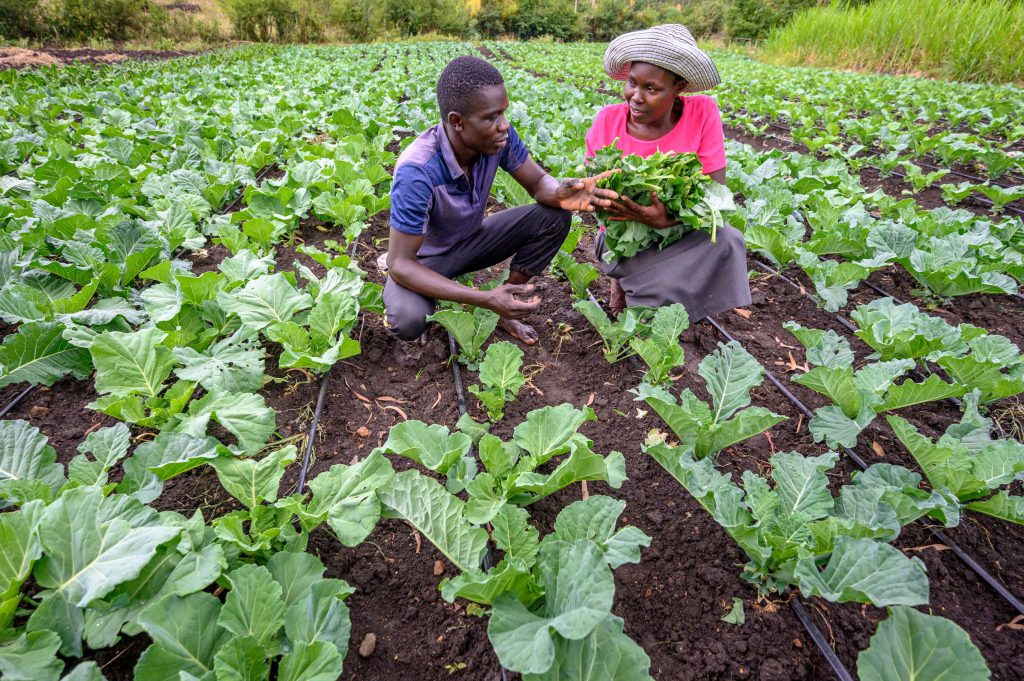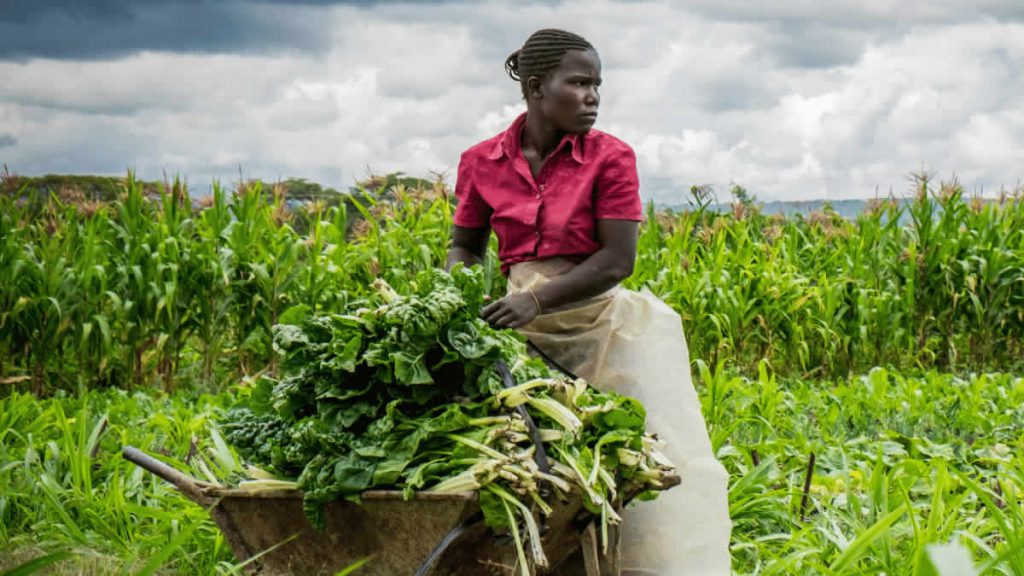
Home > What We do > Agriculture and Food Security
Agriculture and Food Security
This program advances food security by helping families and individuals meet their need for a reliable source of quality food and sufficient resources to produce or purchase it.
Agriculture and Food Security
Food insecurity is often rooted in poverty and has long-term impacts on the ability of families, communities, and countries to develop and prosper. Prolonged undernourishment stunts growth, slows cognitive development, and increases susceptibility to illness.
One in nine people around the world are hungry or undernourished. About 60 percent of people in low-income countries are food insecure. FHI works in remote communities in Ghana to reduce poverty, ensure tangible food security, and improve the livelihoods of smallholder farmers and their families.
This approach to development has been adapted and replicated widely in areas where we operate, and enhanced the quality of life of thousands of people living in poor, rural areas.

FHI’s programs help farmers produce more reliable sources of food, increase their incomes, accumulate productive assets, and attain increased household stability and financial security. We work with farmers to provide access to knowledge, skills, inputs, and markets, as well as ongoing support for climate-adapted and productivity-enhancing sustainable agricultural practices.
Through our programs, farmers build assets through smallholder livestock production and non-farm income generation so they can better sustain their families and remain resilient when shocks arise.
Program participants often emerge as community change leaders who encourage others to practice sustainable production approaches that conserve soil, capture water, increase biodiversity, and improve production. These practices have helped increase incomes, decrease malnutrition, and improve food security within communities.
FHI’s focus on Agriculture and Food Security is evidenced by work in Biakoye District Enabling Smallholder Farmers’ Easy Access to Agro-Inputs. By creating public-private partnerships that financially support extension services, the program aims to enhance smallholder farmers’ access to agricultural development and profitable market opportunities.
Unpredictable rainfall and ascending temperatures are jeopardizing agricultural yields and putting people’s food and nutrition security at risk. Gender inequalities are exacerbated, as women often have less access to resources and are therefore more likely to suffer the worst impacts. FHI is responding to this worsening emergency through its Food and Nutrition Security and Resilience to Climate Change Program. The program supports climate resistant farming in Biakoye District.

Want to hear more from us?
Find out how we’re changing the lives of vulnerable people and promoting environmental sustainability.
This email newsletter is administered based on our privacy policy, which tells you more about how we use your information. You can unsubscribe at any time. Over 18s only.
© 2023- Future Hope International (FHI). All Rights Reserved
P. O. Box 44 Kpetoe, Volta Region, Ghana
No. AGO/D/01, American House
Email: futurehope2015@yahoo.com/futurehopegh@gmail.com
Tel: +233244647951/+233200 662592
